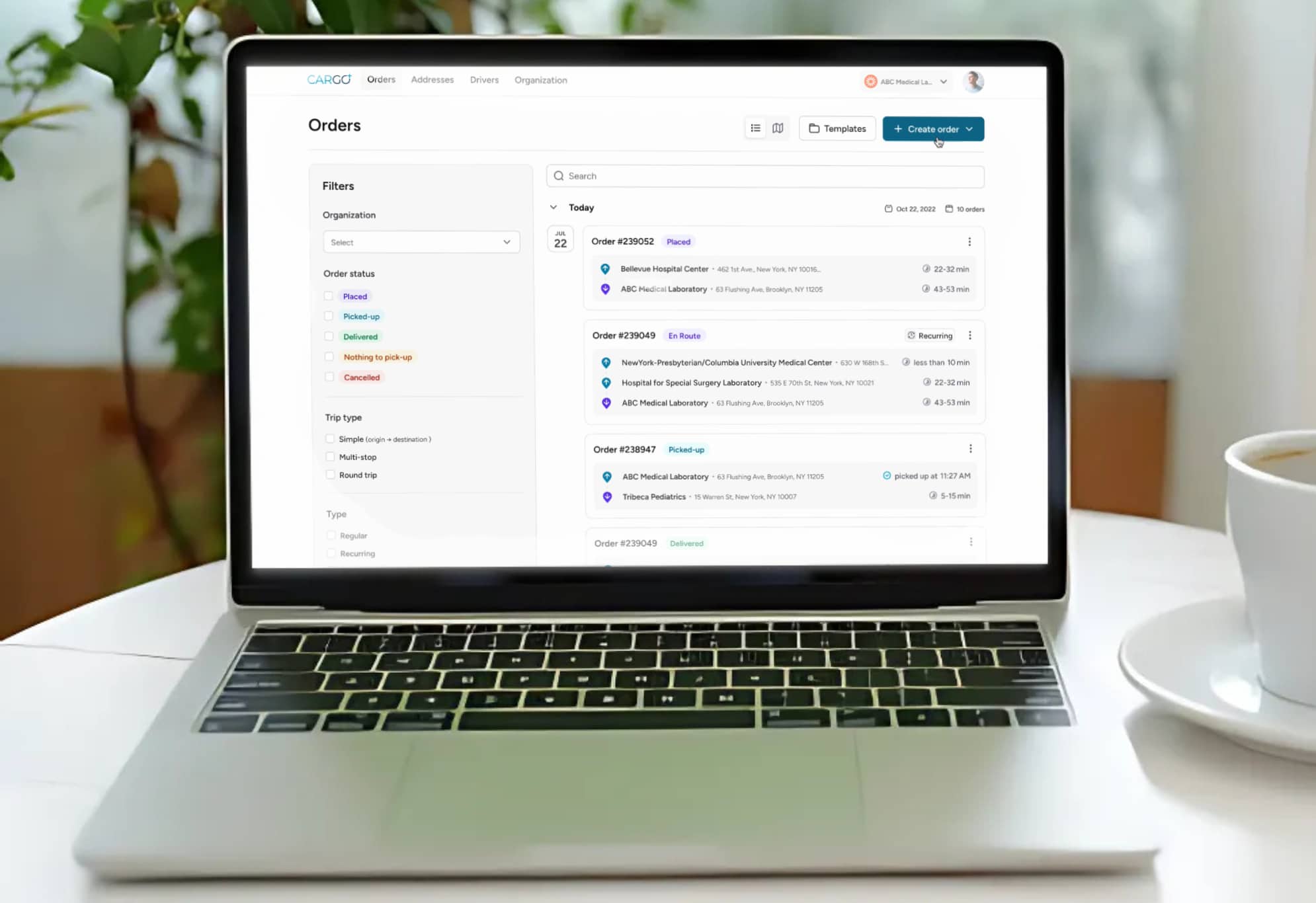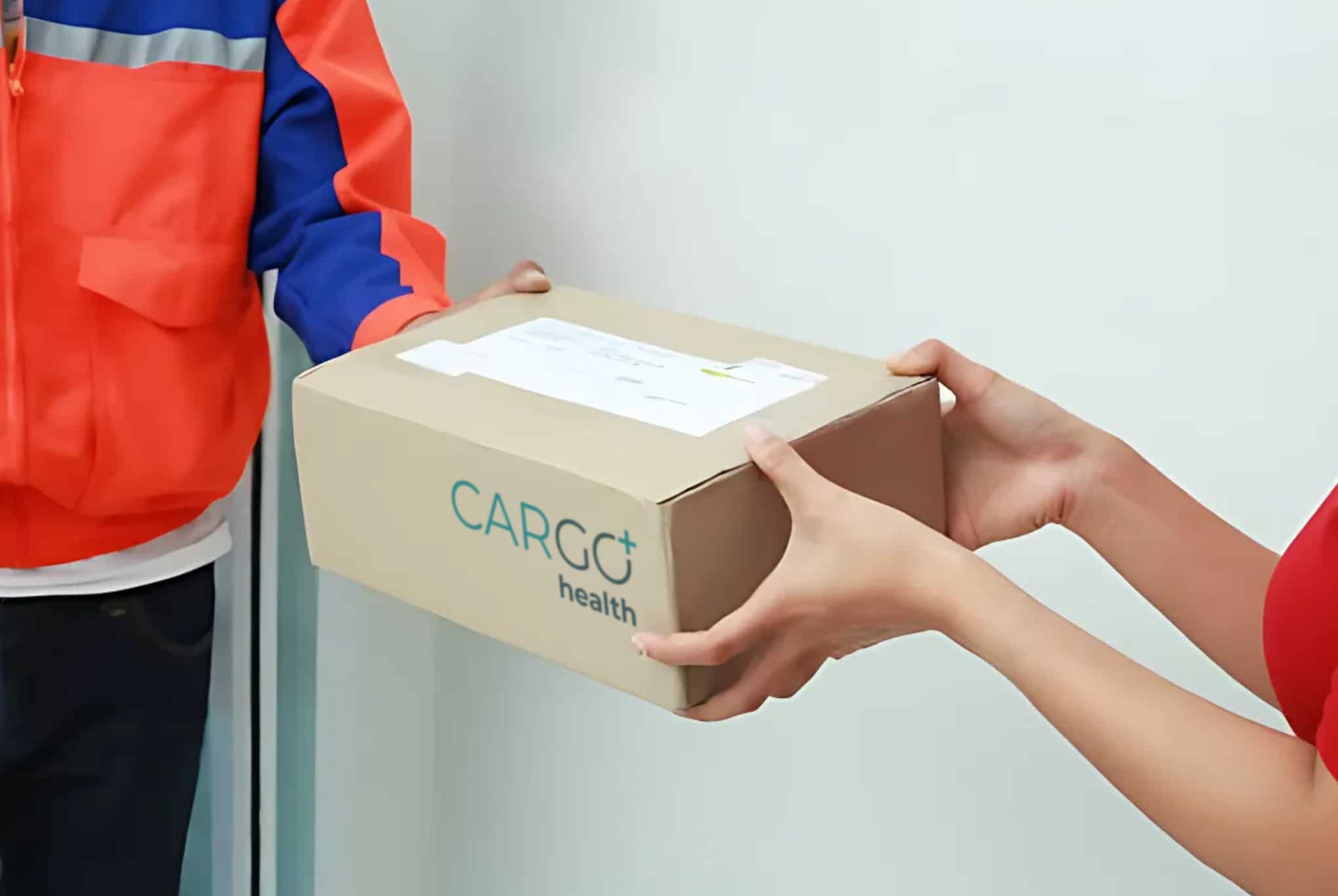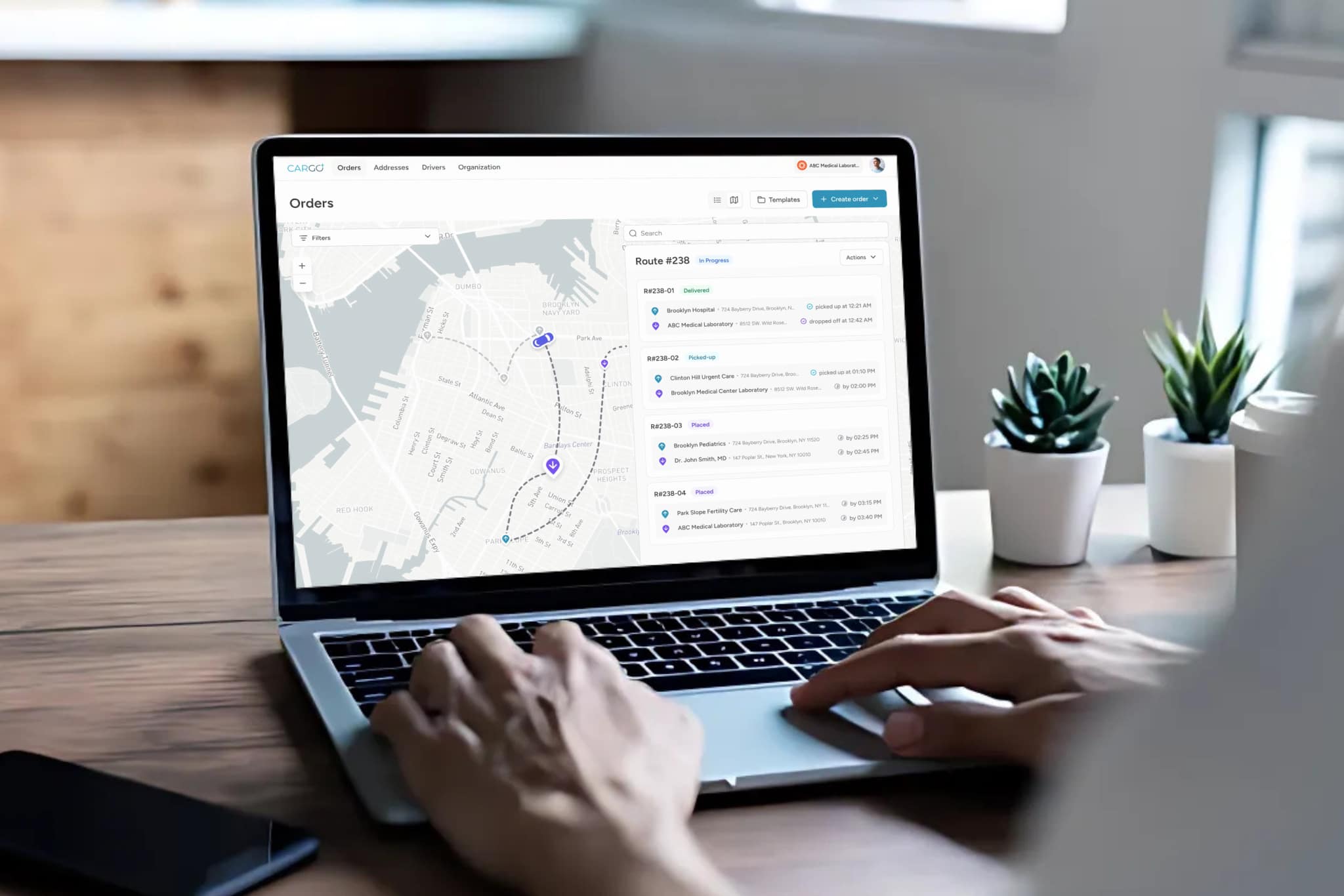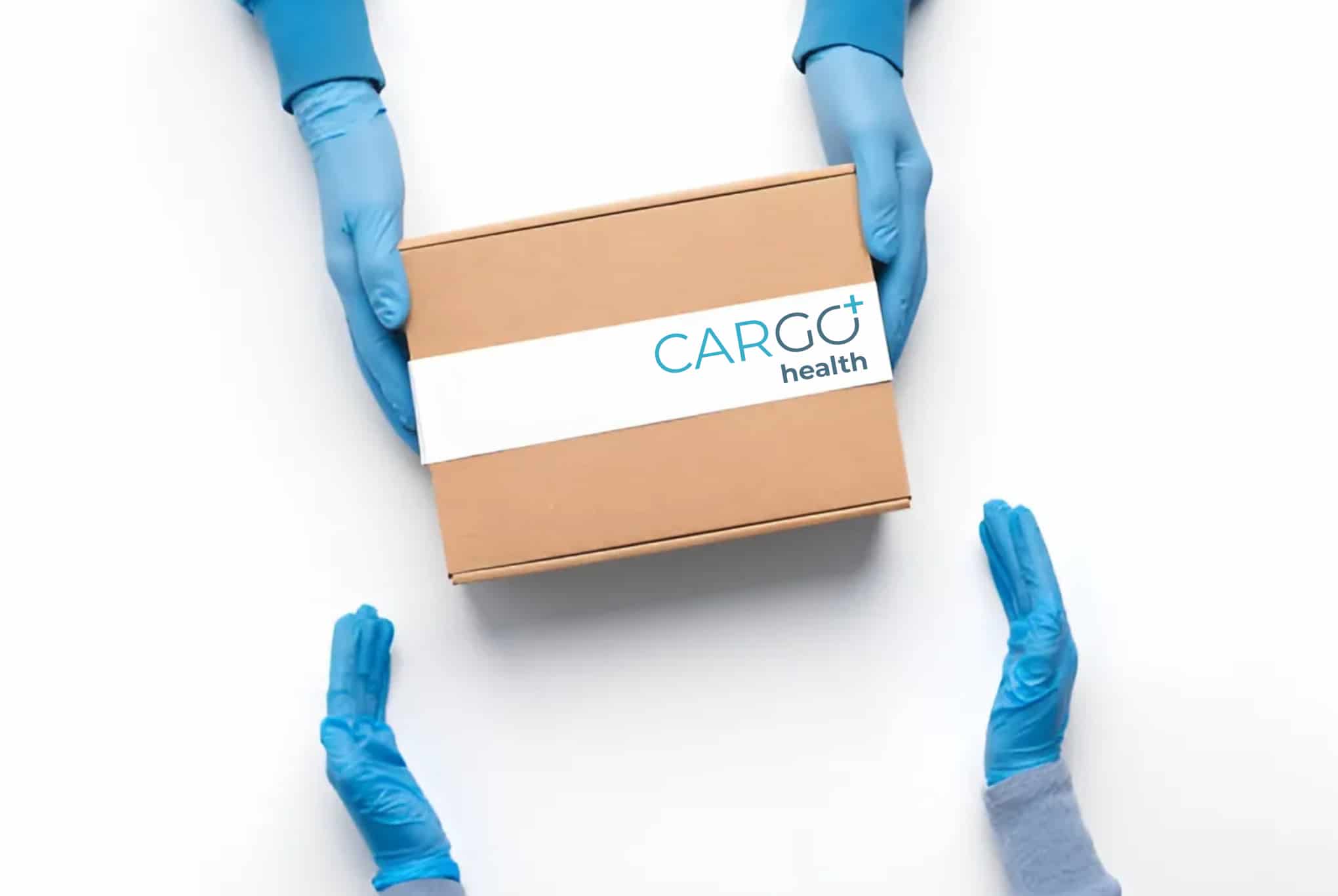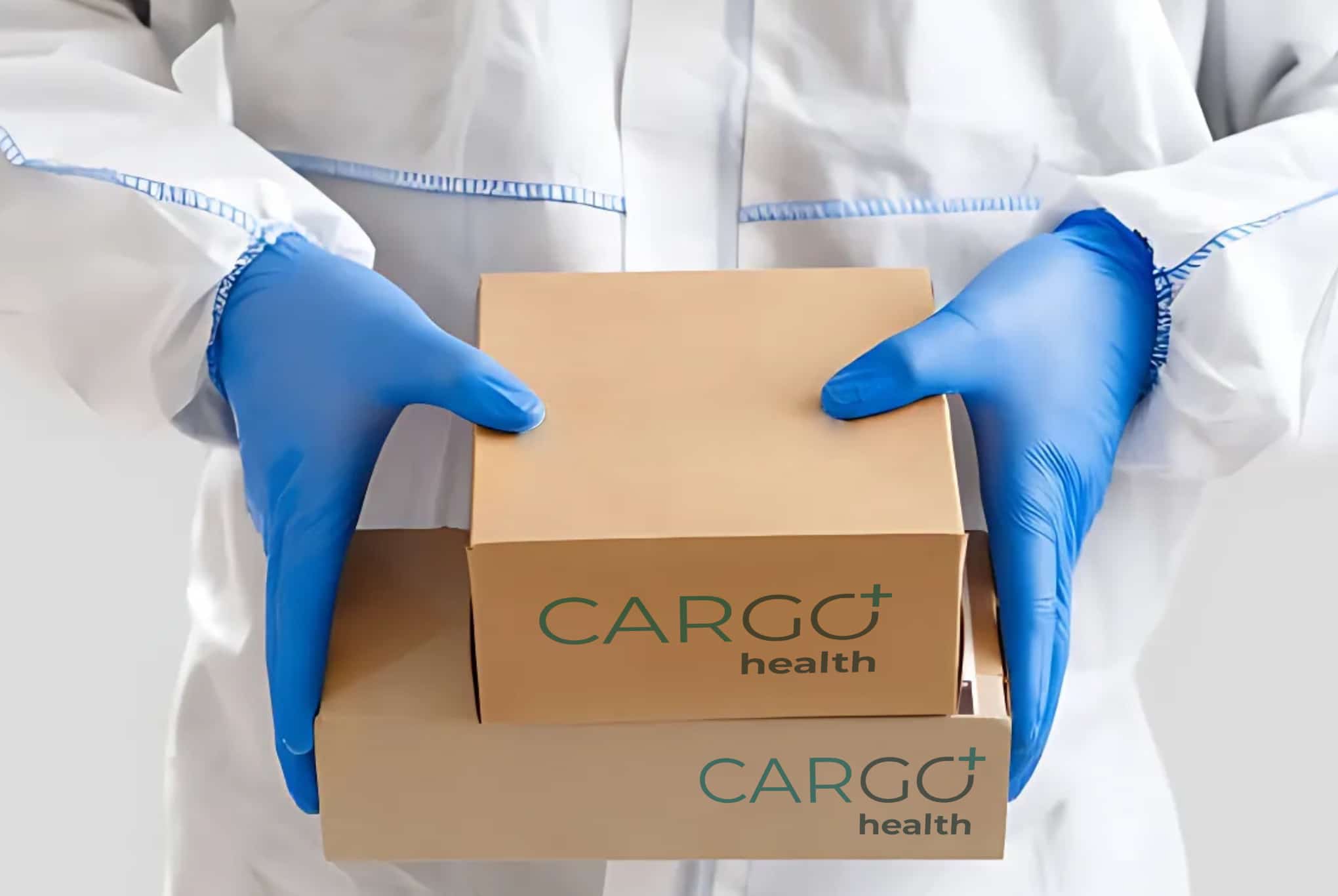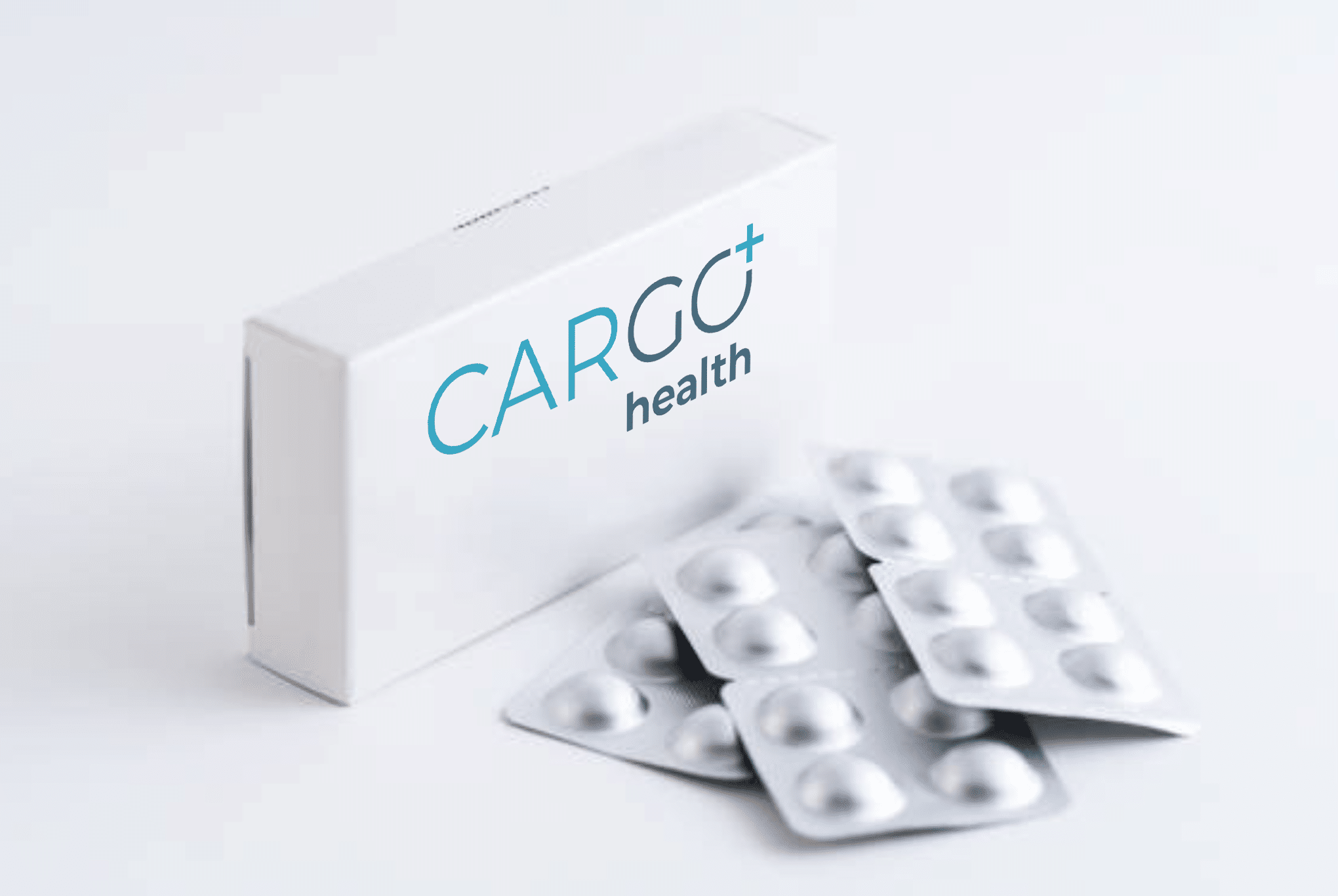The Role of Technology in Medical Courier Services
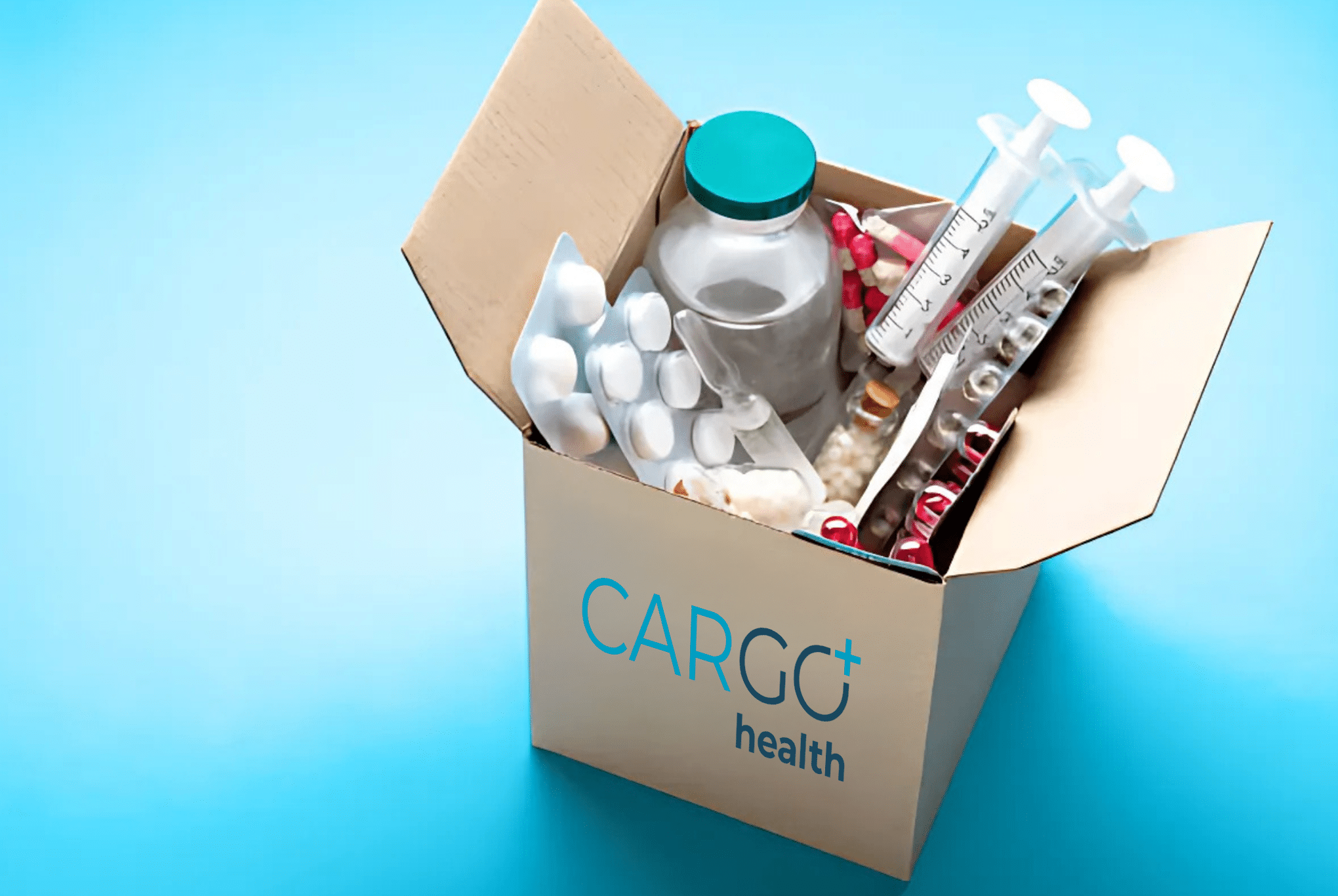
The healthcare industry relies heavily on medical courier services to ensure the timely and secure transport of sensitive items such as lab specimens, pharmaceuticals, medical equipment, and patient records. With the integration of modern technology, these services have become more reliable, efficient, and precise. Below, we examine how technological advancements are enhancing medical courier operations.
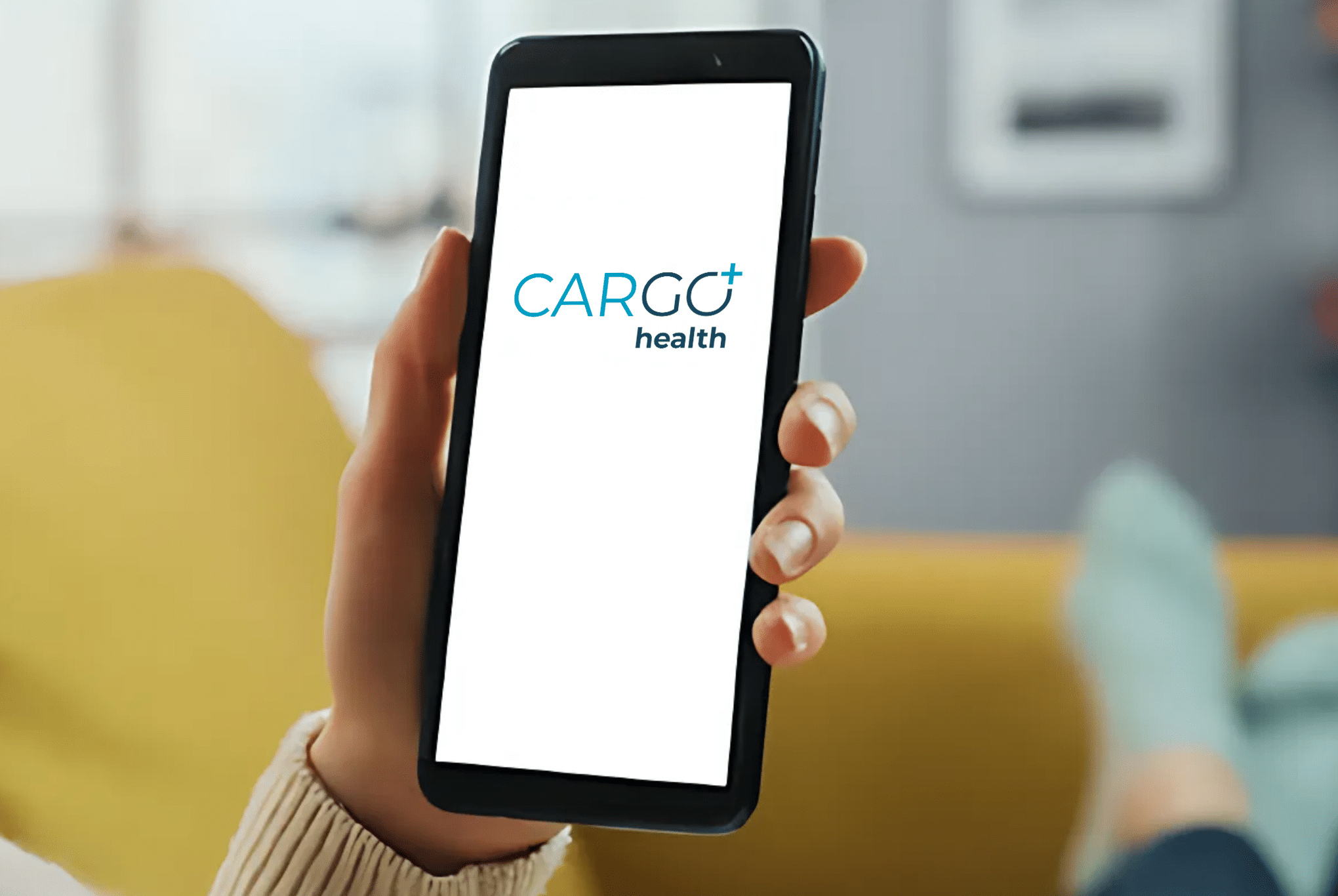
Real-Time Tracking and Visibility
Technology has made it possible for medical courier services to offer end-to-end visibility during deliveries.
- GPS Tracking: Global Positioning Systems (GPS) allow real-time tracking of couriers, providing updates on delivery status and location.
- Live Notifications: Automated systems send instant notifications to clients and healthcare providers, ensuring complete transparency throughout the process.
- Route Optimization: Advanced algorithms calculate the fastest and most efficient delivery routes, reducing transit time and improving overall service reliability.
Temperature-Controlled Logistics
For the transport of temperature-sensitive items such as vaccines, blood samples, and organs, technology plays a critical role.
- Temperature Monitoring Devices: Real-time temperature sensors ensure items are transported under the required conditions.
- Data Loggers: These devices provide a record of temperature stability throughout the journey, meeting regulatory compliance.
- Alert Systems: Automatic alerts notify couriers and recipients of any deviations in temperature, ensuring immediate corrective actions.
Automation and Efficiency in Operations
Automated systems are streamlining operational workflows in medical courier services, reducing errors and enhancing productivity.
- Digital Dispatching: Automation tools allocate deliveries based on courier location, capacity, and priority.
- Electronic Proof of Delivery (ePOD): Couriers use digital devices to confirm delivery, eliminating paperwork and enabling faster data transfer.
- Inventory Management: Integrated systems help monitor inventory levels for medical supplies, ensuring timely restocking and minimizing delays.
Compliance and Security Enhancements
Technology ensures that medical courier services comply with healthcare regulations while maintaining the confidentiality of sensitive information.
- Chain of Custody Software: These tools document every step of the delivery process, ensuring accountability and compliance with HIPAA and other regulations.
- Secure Digital Records: Data encryption and secure cloud platforms protect sensitive medical information from unauthorized access.
- Regulatory Tracking: Automated systems help couriers adhere to strict standards for medical transport, including temperature and handling guidelines.
Artificial Intelligence and Predictive Analytics
Artificial Intelligence (AI) and predictive analytics are transforming how medical courier services plan and execute deliveries.
- Predictive Delivery Times: AI algorithms analyze traffic, weather, and delivery patterns to provide accurate ETAs.
- Risk Management: Predictive tools assess potential disruptions, such as route delays or temperature changes, enabling proactive decision-making.
- Demand Forecasting: AI-driven systems predict delivery demands, allowing companies to allocate resources more effectively.
Integration with Healthcare Systems
Seamless integration with Electronic Health Records (EHR) and other healthcare platforms enhances coordination between medical courier services and healthcare providers.
- Automated Order Processing: Integration with EHR systems enables automatic generation of courier requests, reducing manual input errors.
- Centralized Data Access: Healthcare providers gain immediate access to delivery updates, improving patient care outcomes.
- Analytics and Reporting: Integrated systems generate performance reports, helping courier services optimize their operations.
The Benefits of Technology in Medical Courier Services
The adoption of advanced technology offers numerous benefits that positively impact the healthcare industry:
- Increased Reliability: Enhanced tracking, automation, and temperature controls ensure deliveries are completed accurately and on time.
- Improved Patient Outcomes: Fast and efficient transport of lab samples and medications leads to quicker diagnoses and treatments.
- Cost Savings: Route optimization and automated workflows reduce operational costs and fuel expenses.
- Regulatory Compliance: Advanced tools help meet stringent healthcare and transport regulations effortlessly.
- Enhanced Security: Technology ensures data protection and secure handling of sensitive medical materials.
Final Thoughts
The integration of technology in medical courier services continues to improve delivery accuracy, efficiency, and reliability. Innovations such as GPS tracking, temperature-controlled logistics, AI-powered tools, and seamless healthcare integrations allow medical couriers to meet the dynamic demands of the healthcare industry while ensuring patient safety and regulatory compliance. As technology evolves, its role in medical courier services will only grow, offering even more advanced solutions for healthcare logistics.
